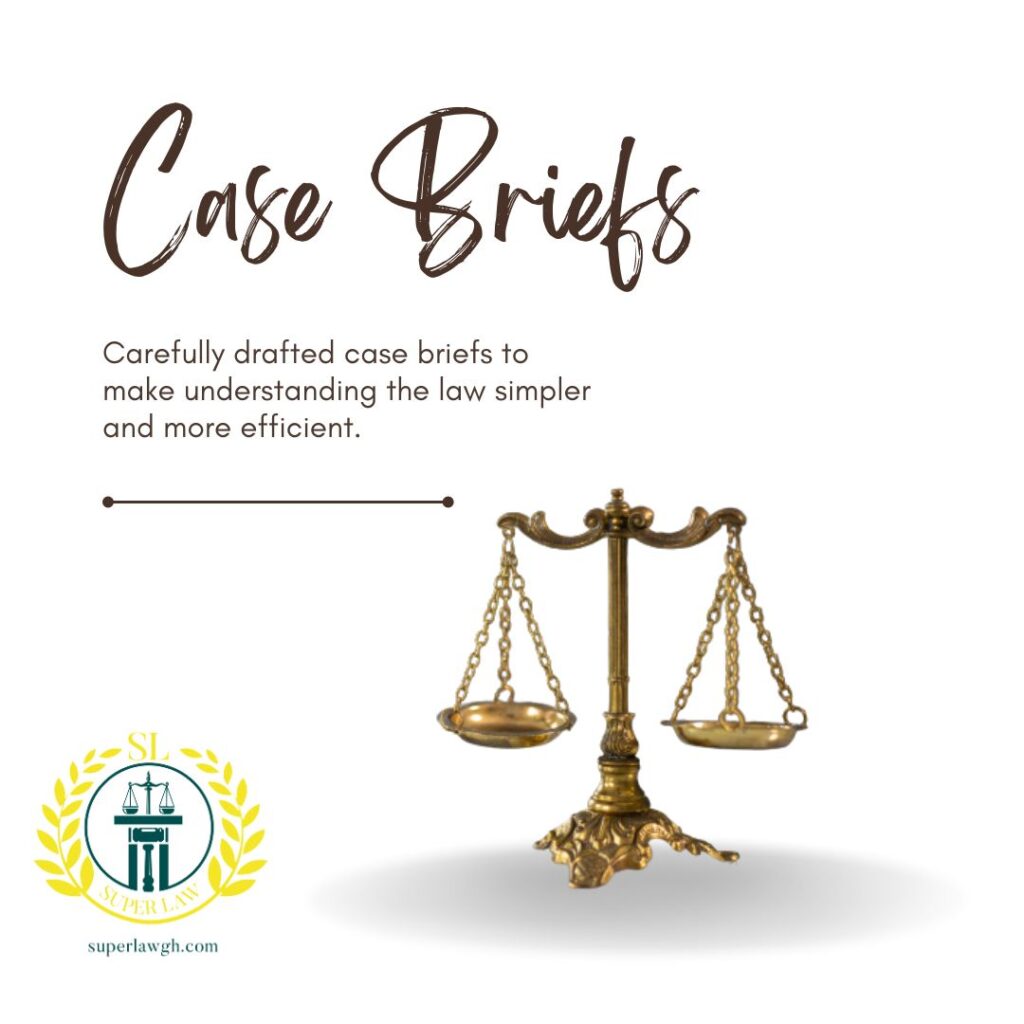
This is to enable the Attorney-General to complete the preparation of statements of the state’s witnesses.
His wife and the third accused person, Mildred Donkor are to remain on their existing bail terms.
Presiding judge, Justice Eugene Nyadu Nyante on Friday, May 2, held an in-camera meeting with the Attorney General and lawyers of Kwabena Adu Boahene and the three other accused persons.
Led by Deputy AG, Dr Justice Srem-Sai, the prosecution argued that the former Signals Bureau Director had the potential to interfere with investigations.
Former Director of the Signals Bureau, Kwabena Adu-Boahene, his wife, and two others have been formally charged with a total of ten offenses, including stealing, causing financial loss to the state, and money laundering.
Kwabena Adu-Boahene is accused of dishonestly appropriating approximately GH¢49,100,000.00 under the false pretense of procuring a cyber defense system for the Republic of Ghana. The alleged offenses occurred between February and March 2020.
Angela Adjei Boateng, Adu-Boahene’s wife, is charged with conspiracy to steal and collaboration to commit a crime, specifically, using public office for profit.
Mildred Donkor and Advantage Solutions Limited are also implicated in the alleged offenses, facing charges of money laundering and conspiracy to commit money laundering.
The Law on Bail Pending a Criminal Trial
It is without a doubt that the Constitution has guaranteed the freedom of all persons under article 14. However, the same article 14 provides certain exceptions under which a person’s freedom could be taken away from him/her. Notable among them is where an individual has been accussed of a crime.
Upon being accused of a crime, a person has the right to apply for a bail pending trial. But the grant of bail is not automatic but subject to the discretion of the court/judge hearing the application taken into account various factors as to whether or not to grant it. Among these factors why a judge may commit one to prison pending trial is for the purpose of ensuring the certainty of their appearing to take the trial, it is not a question as to the guilt or innocence of the person. Considerations of the nature of an accusation and the severity of punishment upon conviction, as part of the decision not to grant bail are all factors that the court may take into account.
In the instant case, the Accused (Adu Boahene) has been accused of tampering with potential witness so as for them not to come forward and testify against him. This is one of such grounds if established which will enable a judge to exercise his discretion in refusing a bail and therefore committ one to prison.
In conclusion, in the absence of any of such justifications, there is a presumption that an Accused person is entitled to bail. The duty of a court to grant bail to the accused if he is not tried within a reasonable time, is applicable irrespective of the nature of the accusation or the severity of the punishment upon conviction. But as noted above, the said constitutional presumption of grant of bail is rebuttable; and it is in fact rebutted by a statutory provision that expressly disallows bail, such as the circumstances outlined in s. 96(7) of the Criminal and Other Offences Procedure Act, 1960(Act 30).

